Best Website Design Software Easy to Use
The best web design software in 2022
Why you can trust Creative Bloq
Creative Bloq's expert reviewers spend hours testing and comparing products and services so you can choose the best for you. Find out more about how we test

The very best web design software is essential to make your work run smoothly and efficiently. As such it's worth taking the time to review your design toolkit once in a while, to make sure you're not missing a trick. After all, if a new web design tool can make even a small improvement to the speed you complete your work, it could save you serious time and money in the long term.
In this article, we highlight the best web design software available today that range from website builders to Adobe design apps. All are best-in-class, and should boost your productivity. To see more, also read our longer list of best web design tools, and why not check out our guides to the best web hosting and best website builders too?


This is our top pick of the web builders, and web design software in general – Wix is one of the most popular site makers in 2021, and for good reason. It offers a range of payment tiers (including 'free'), with befitting features. With the entry level free version, you'll have to negotiate Wix adverts and and a 500GB space cap, but pay as little as $6, and you'll bypass the ads, have a free domain for a year, get 2GB bandwidth, and 3Gb storage space.
There's up to 500 templates to choose from, and you can easily start personalising with animations, image editing, social media buttons and various backgrounds – with plenty of further options to change as well.
We love the intuitive design of this web builder, and with the abundance of customisations, and loads of beautiful straight-out-the-pack templates on offer, it's a cracking website builder for all levels of ability.
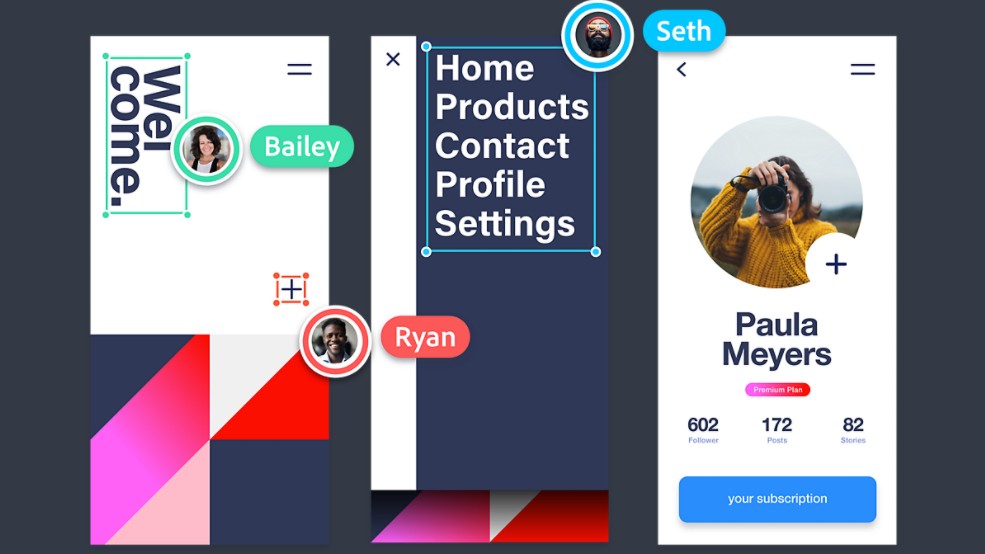
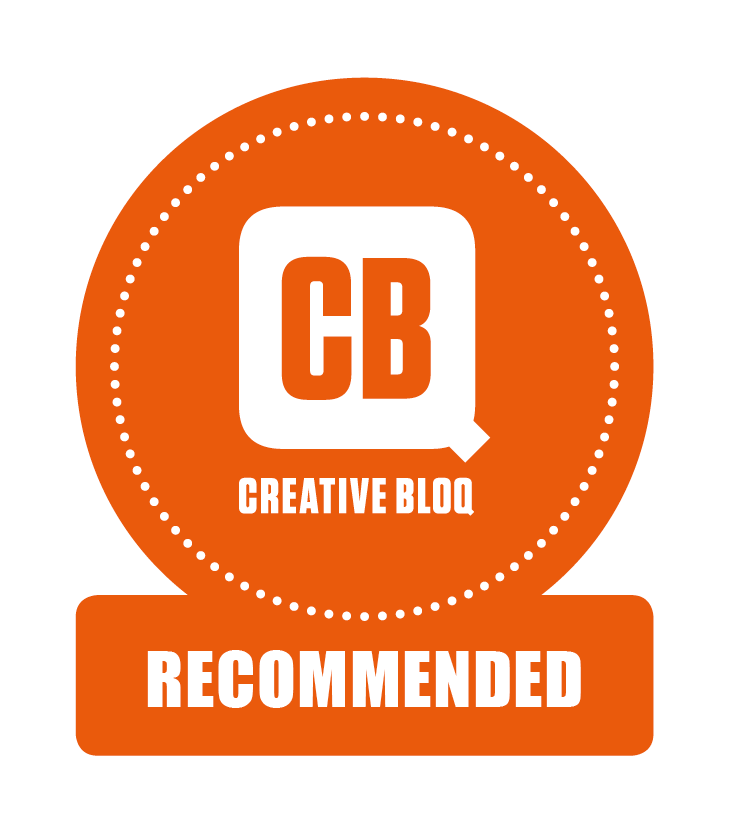
The fight to become web design's favourite UI design tool has been a close-fought one over the last decade, with Adobe XD, Sketch, Affinity Designer and others scrapping it out. But for our money, the amount of effort Adobe has put in to developing XD makes it essential web design software for creatives.
This vector-based tool is available for both Mac and (unlike Sketch) Windows. It plays nicely with other Adobe tools like Photoshop and Illustrator, and you can easily import assets like Adobe Fonts and Adobe Stock. So if you're a Creative Cloud subscriber already, it's kind of a slam dunk.
Even if you aren't, though, we feel this is the best web design software for creating mockups, prototypes and wireframes. With a clean and intuitive interface, there are so many cool features including a 'Repeat Grid' for fast designing, auto-animation, voice triggers, good collaboration features, tons of storage for your design files, an array of plugins, and lots of integrations with other web services.
In short, XD is the complete package when it comes to prototyping, and there's even a capable free version. The many different ways to get XD does get a bit complicated, though, so check out our guide on how to download Adobe XD to check out your options.
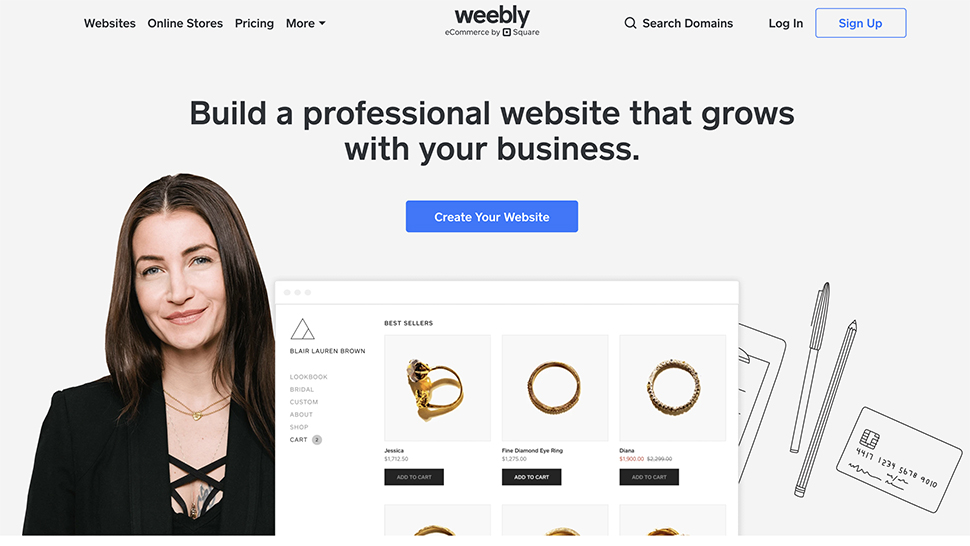

Having been around for 15 years, Weebly does what it does very effectively. And that is provide user-friendly templates and e-commerce options for everyone.
If you've got little to no coding experience (let's see a raise of hands!), then Weebly is a great web design option. There's super easy drag-and-drop tools for site creation, and with its build framework options, you can also build online stores, should selling your wares be essential to the site.
Less is definitely more with Weebly, and although you get a limited number of templates and themes to select from, what there is are a good range of clean and clear options that have enough room for personalisation to keep creatives happy.
As is the way, you can try out a free version of Weebly for restricted use of its features, which is perfect for seeing if this is the right choice for you. If you feel it is, there are further tiered options available, depending of what you want.
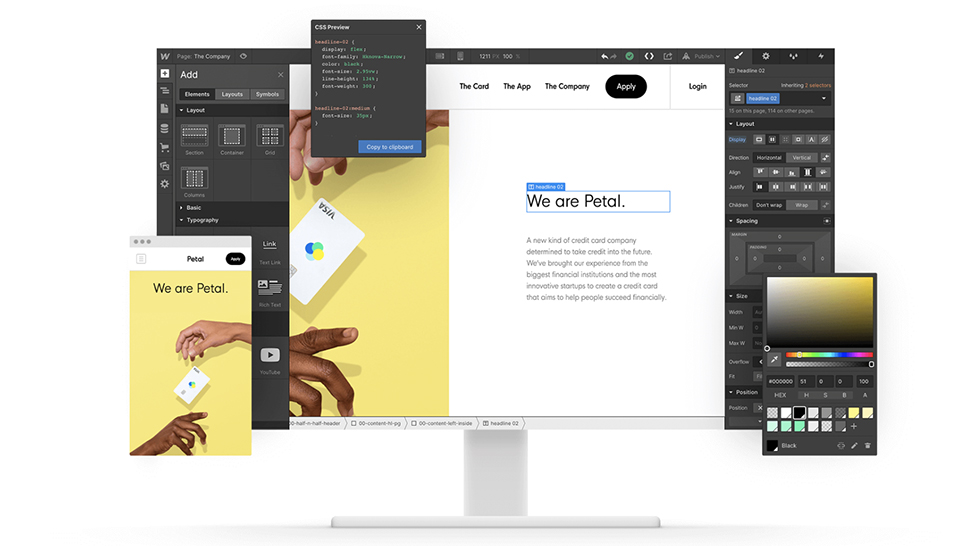
Yet another web-based option that is perfect for beginners wanting to create a quality website with minimal fuss. As is common with the best web design software, there's a super-easy-to-use drag and drop approach to building a Webflow website, using many of their well-thought out templates.
You can start creating a website with Webflow with zero coding experience, but there's room to move if you want to get to know a bit more about coding. There's also a handy, free demonstration of all Webflow's features at the click of a button, so you can head over to the site and see if what it has to offer is for you, without spending any money. From there you can create two sites for free to see the features in action, and then it'll cost you to build more.
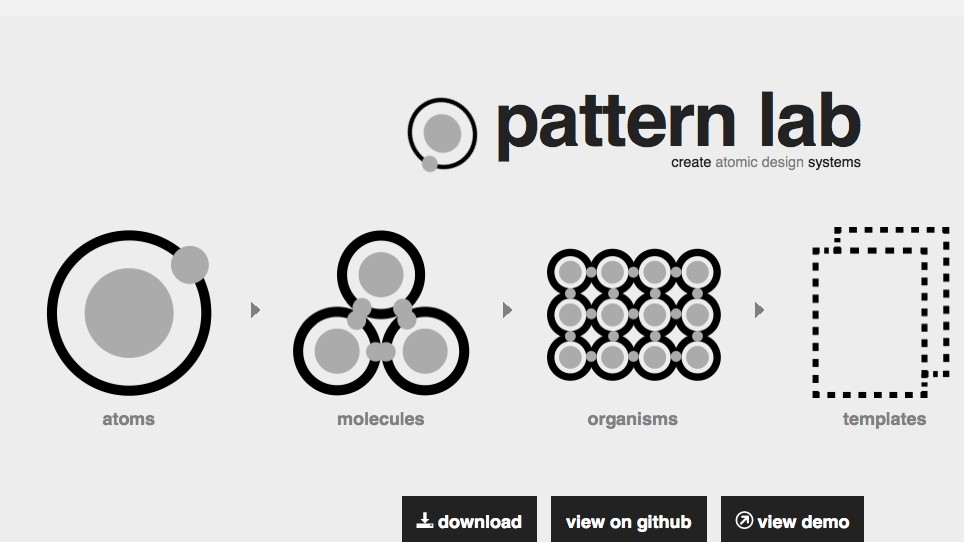
Building a design system for your web work? Pattern Lab is a frontend workshop environment that can serve as your hub, and it helps you build, view, test, and showcase your UI components. And it's totally free.
It's all based on the concept of Atomic Design, which involves breaking a website down into its basic components and then working up from there to create a site. That mental model is baked into its interface and feature set, making it remarkably intuitive and easy to get started with.
Understand, though, that this is not a production-ready framework. You don't actually build websites with Pattern Lab; you build components and design systems, which will in turn allow you to create prototypes and finished websites much more quickly and consistently.
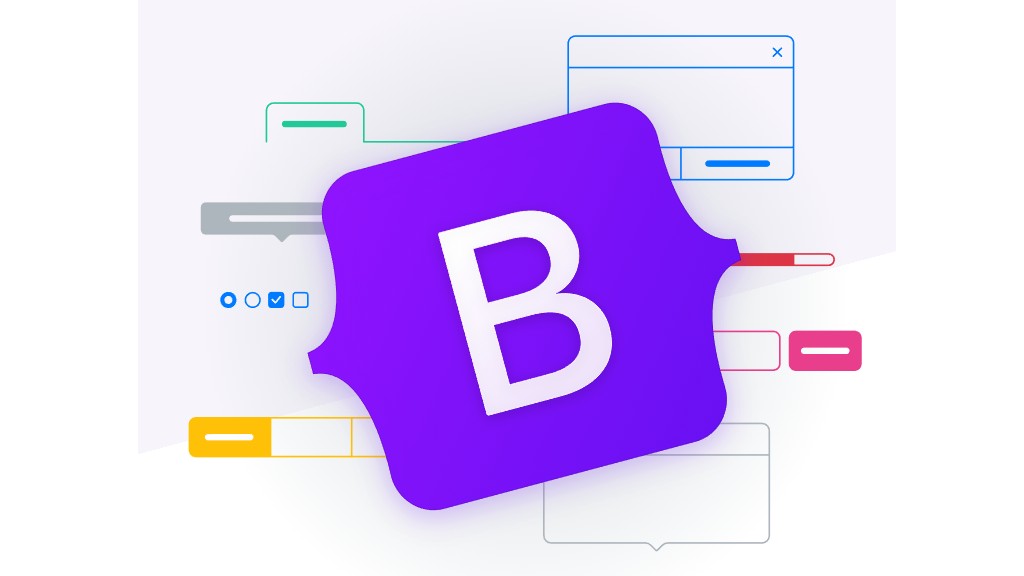
The time when web designers were expected to write every piece of code, time after time, are now long behind us. There are countless frameworks out there helping you to avoid continuing reinventing the wheel, and instead build sites quickly and consistency. And one of the oldest and best is Bootstrap.
Originally created by designers at Twitter to create consistency among their internal tools, Bootstrap is a free and open-source framework directed at responsive, mobile-first front-end web development.
Now maintained by a small team of developers on GitHub, Bootstrap allows you use HTML and CSS templates for web-based content such as forms, buttons, navigation and more. You can also use JavaScript plugins.
Bootstrap comes with excellent documentation, which is not all that surprising. Because ultimately, Bootstrap is not so much a framework as a methodology, and so is a great way to stay on course with best practices and accessibility. Check out our selection of the best Bootstrap themes.
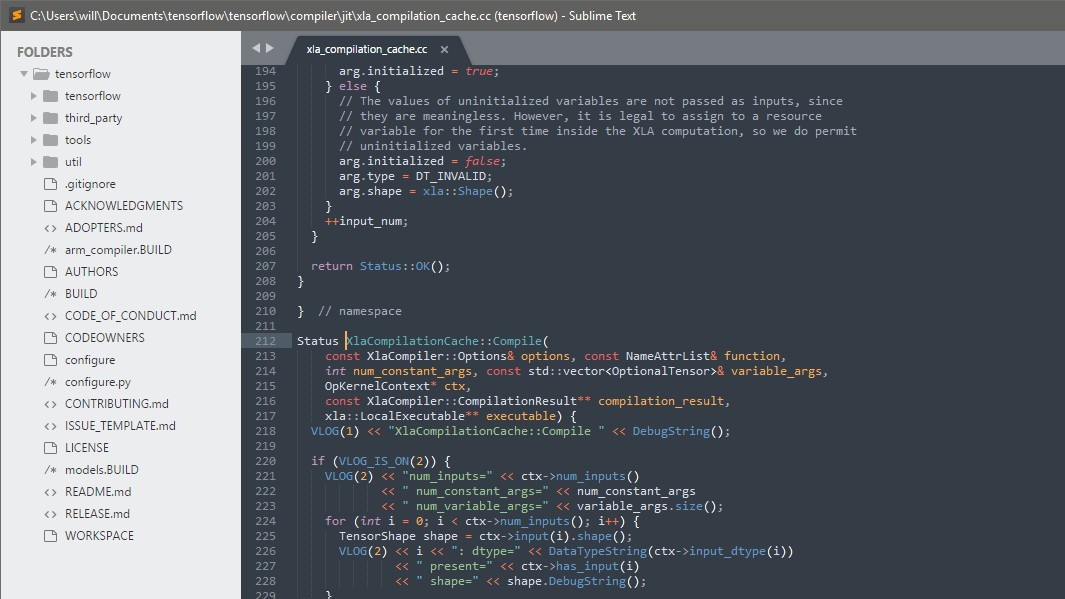
To write code, you need a decent code editor, and our pick of the bunch is Sublime Text 3. With a streamlined and easy to use interface, it's fast, lightweight and responsive. And the lack of even tiny, fraction-of-a-second delays in its operation makes a difference when it comes to getting into the flow of programming.
Developed by a former Google engineer, Sublime Text 3 is very flexible too, with a huge range of plugins available. Which basically means it's suitable for any kind of web design project and any level of web designer, from novice to veteran.
There's a free trial, but beyond that you'll have to pay an $80 licence. You may balk at that when there are so many free code editors available. But let's be real: time is money, and if it makes you more productive, the best code editor will pay for itself many times over.
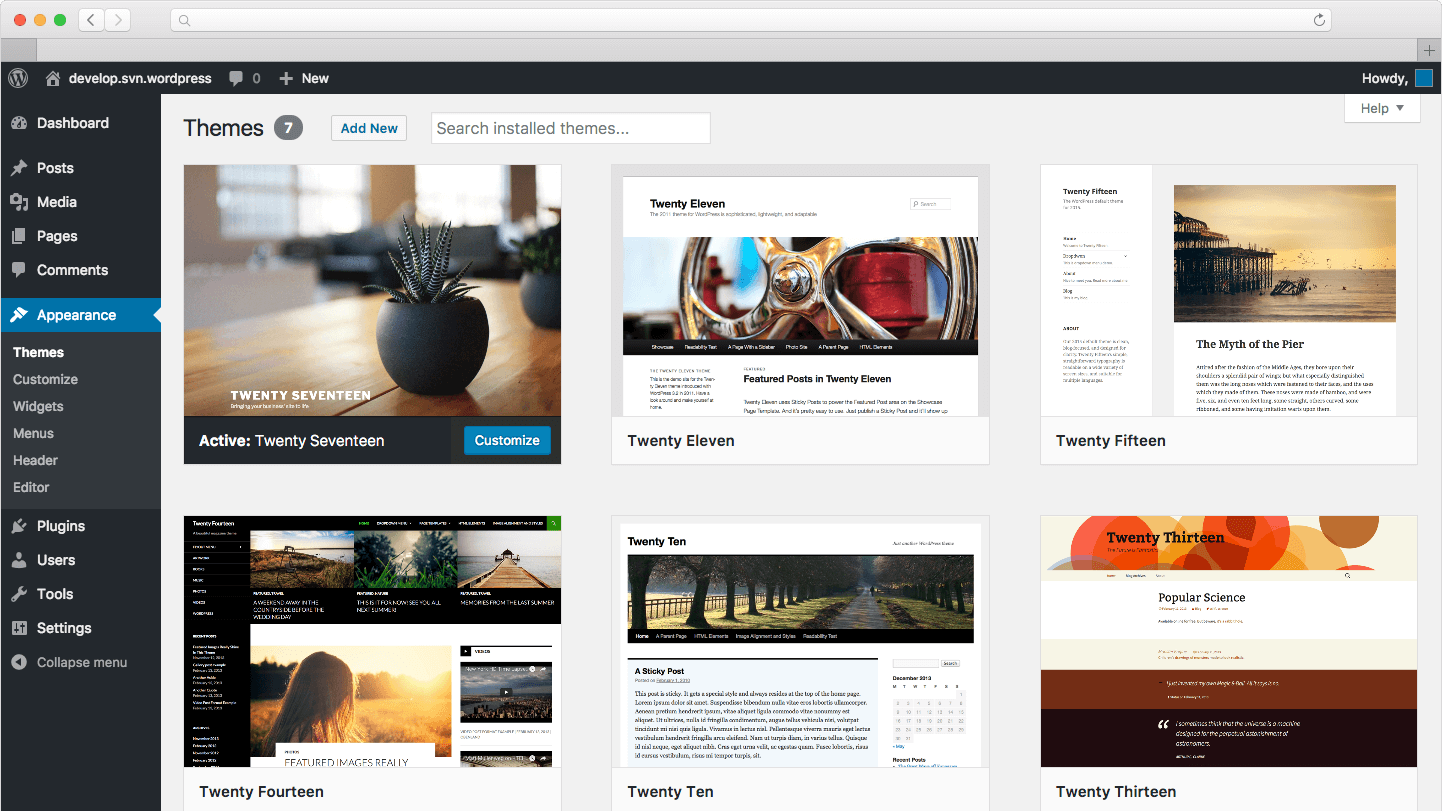
Once you've built a website for a client, you don't want them ringing you up every time they want to update the information on it. So you want it to be built on a flexible and customisable CMS (content management system), and WordPress is far and away the most popular of these, for good reason.
One of the best web builders around, WordPress.org is free, open source, well documented, and supported by an enthusiastic worldwide community. (Note that WordPress.org is separate and distinct from WordPress.com, which is a paid-for web builder service.)
WordPress sites are SEO friendly, and well protected against security vulnerabilities. You can speed up website creation by using either free or paid-for themes. And there are thousands of plugins to help you add virtually anything to your sites that you want. No wonder WordPress powers almost 40 per cent of the internet in 2021.
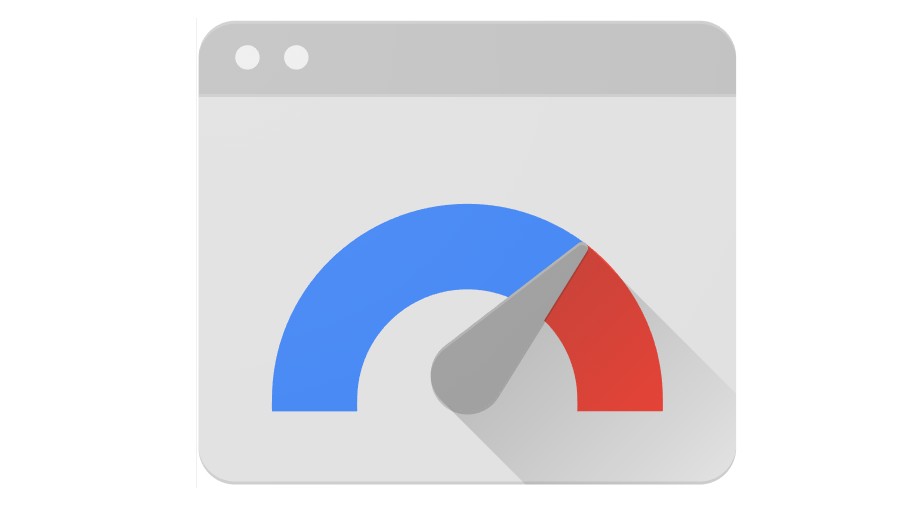
It doesn't matter how fancy your website is: if it doesn't load quickly, visitors will go elsewhere, particularly if they're on smartphones running on slow or dodgy connections. So every web designer in 2021 needs to have website speed test tool in their armory, and our favourite has to be PageSpeed Insights.
PageSpeed Insights was created by Google, which has a direct interest in making sites run faster, so they've put a lot of effort into making this useful and efficent. Built into the Chrome browser's developer tools, It basically analyses your web page for you, provides a detailed report on how it performs on different platforms, and makes suggestions about how to make it run faster.
You just type in the appropriate URL and the software does the rest. These suggestions can occasionally be a little vague, but even then they at least send you in the right direction.
Related articles:
- The best responsive web design tutorials
- Web design trends that will dominate the internet
- The very best web design podcasts

Thank you for reading 5 articles this month* Join now for unlimited access
Enjoy your first month for just £1 / $1 / €1
*Read 5 free articles per month without a subscription

Join now for unlimited access
Try first month for just £1 / $1 / €1
Related articles
Source: https://www.creativebloq.com/buying-guides/best-web-design-software

0 Response to "Best Website Design Software Easy to Use"
Enregistrer un commentaire